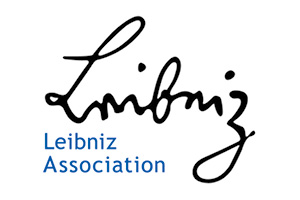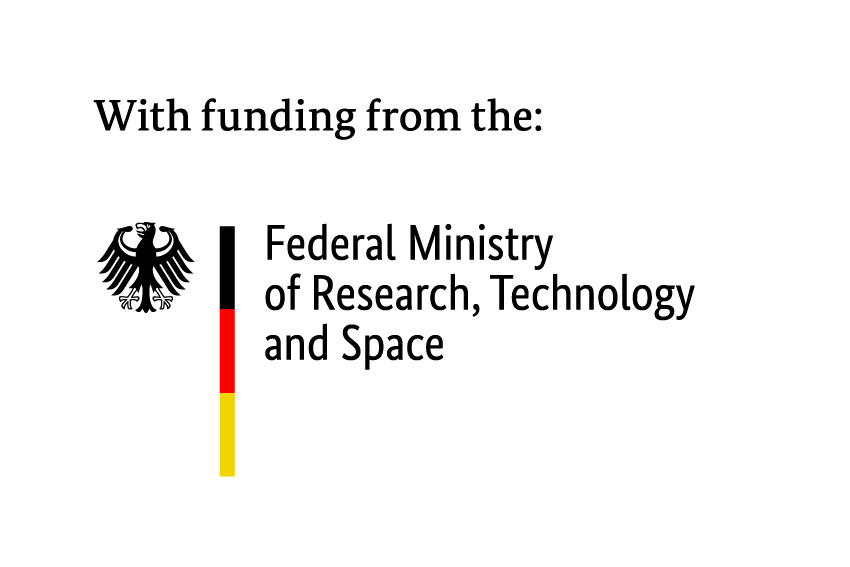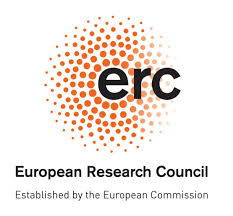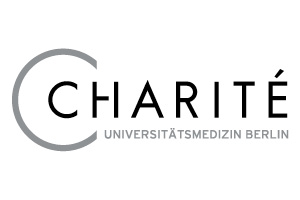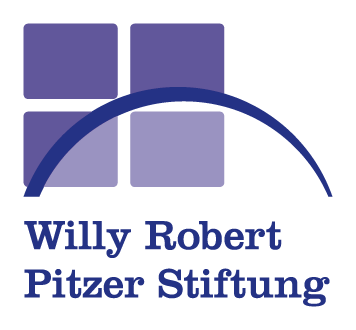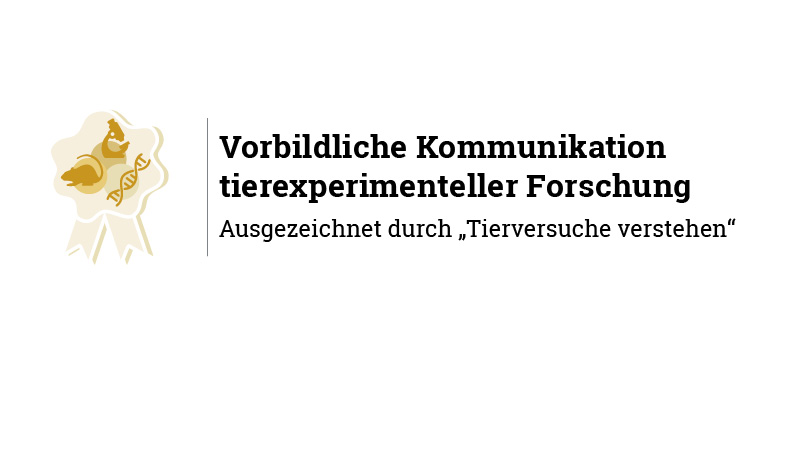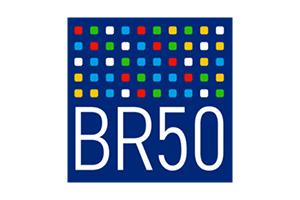- Leibniz Association
Leibniz-Lab: Pandemic Preparedness
The DRFZ is one of the 41 institutes of the Leibniz Lab ‘Pandemic Preparedness’, which deals with the most pressing issues in dealing with future pandemics.
With unique, proprietary technological tools, DRFZ research within the Leibniz-Lab defines the “Immunological Space” in the human population for a paradigmatic pandemic candidate threat, influenza virus H5N1, i.e. pre-pandemic, mucosal and systemic, humoral and cellular immunity, as imprinted by previous exposures to other viruses.
Together with partners of the network, immunity will be determined in the context of genetic factors, i.e. MHC-haplotypes, and environmental factors, in particular lung diseases, rheumatic diseases, age, microbiome mimics and previous encounters with other strains than H1N1 or H5N1, e.g. H7N9, impacting on immune responses to new clades of H5N1. Neutralizing and non-neutralizing antibodies against H5 and N1 will be quantified in saliva and serum, and plasma cells in the bone marrow, as quantitative correlates of humoral mucosal and systemic immunity. Specific memory B and T cells will be quantified in blood, lung, tonsils, and bone marrow, as quantitative correlates of local and systemic cellular, reactive immunity. This will be key information for the management of pandemic spread and morbidity, and intervention measures, for H5N1 and beyond, and define vulnerable populations to be prioritized for protection.
Interaction with Leibniz experts on zoonotic diseases, lung pathology, economy and education, the Leibniz-Lab aims at interdisciplinary and transdisciplinary integration and dissemination of knowledge, and the DRFZ is an integral part of this endeavor.
More informationen: Leibniz Lab: Pandemic Preparedness



